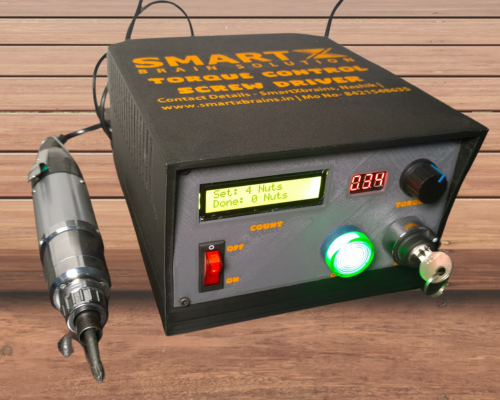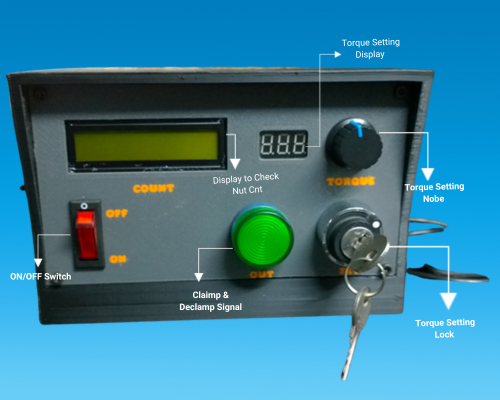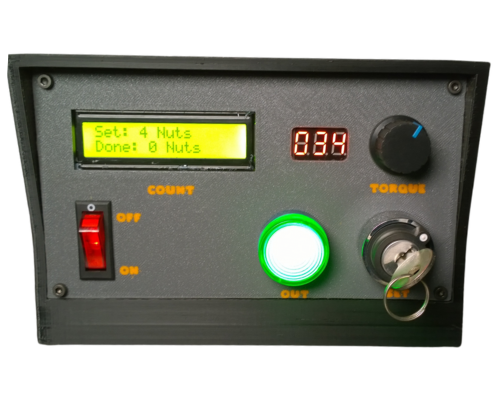In modern manufacturing, even small assembly errors can lead to expensive rework and customer dissatisfaction. One of the leading causes of these errors is inconsistent screw tightening during assembly. This is where torque precision comes into play. Using torque locking tools, manufacturers can ensure accuracy and repeatability in fastening processes, helping to drastically reduce rework and associated costs.



What Is Torque Precision?
Torque precision refers to the ability to apply a consistent, pre-defined force (torque) to a fastener. Whether you’re tightening a screw on a circuit board or bolting components in an automotive assembly line, applying the correct torque is crucial to product integrity.
Torque that is too low may result in loose parts, while over-tightening can damage threads, crack materials, or deform components—leading to rework, repairs, or returns.
Why Rework Is a Major Problem
Rework doesn’t just affect product quality—it significantly impacts production efficiency and profitability.
Common problems caused by poor torque control include:
Assembly line delays
Increased labor and material costs
Damaged components
Failed inspections
Missed deadlines
Customer dissatisfaction
How Torque Locking Tools Solve the Problem
Torque locking tools, such as programmable electric screwdrivers, are designed to apply a fixed amount of torque during each operation. Once the target torque is reached, the tool stops automatically, ensuring precision.
Benefits of Torque Locking Tools:
✅ Consistent tightening across batches
✅ Reduces operator error
✅ Improves first-pass yield
✅ Eliminates over/under tightening
✅ Supports ISO and customer quality standards
✅ Some models include screw counting and data logging for traceability
Torque Precision in Indian Manufacturing Plants
Leading manufacturers in Nashik, Pune, and industrial hubs across India are adopting torque-controlled screwdrivers to:
Minimize rework and warranty claims
Meet strict quality control standards
Integrate error-proofing (Poka-Yoke) systems
Improve productivity and reduce downtime
These tools are especially common in automotive, electronics, appliance, and electrical panel manufacturing industries.
Poka-Yoke and Torque Tools
Poka-Yoke systems, or error-proofing setups, often include torque tools that ensure a product cannot proceed to the next station unless the correct torque is applied. This proactive control prevents errors at the source—reducing the chance of rework later.
Conclusion
Precision torque control is no longer optional—it’s a necessity.
By investing in torque locking tools, manufacturers reduce rework, improve quality, and lower operational costs. If your plant struggles with assembly errors or quality inconsistencies, torque-controlled tools could be the key to greater efficiency and compliance.
Looking to implement torque precision tools in your plant in Nashik or Pune?
We supply industrial-grade screwdrivers with set torque locks, screw counting, and barcode integration. Contact us today for a free demo.

